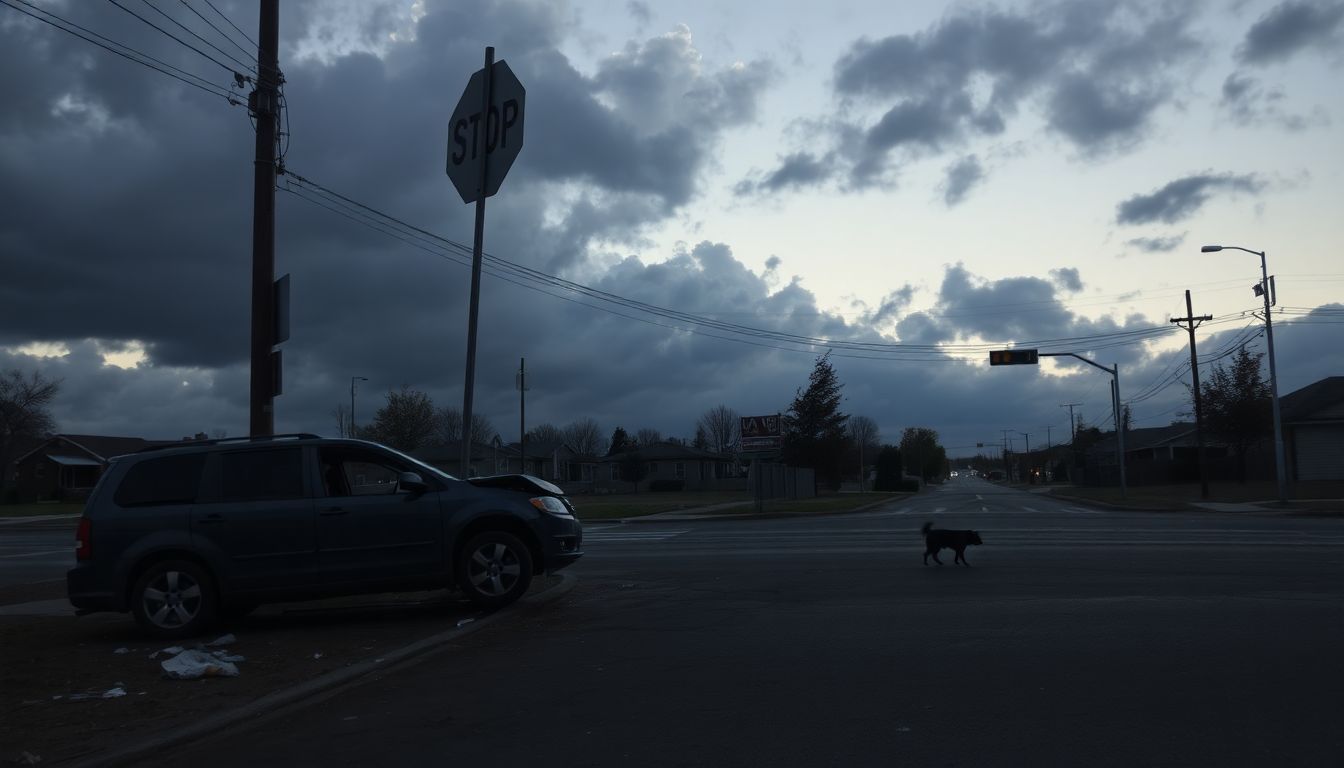Accident cases can be hard to handle. Over 6 million car crashes happen each year in the US. This guide will help you deal with complex accident cases. Learn how to protect your rights and get fair pay.
Key Takeaways
- Complex accident cases involve various types, including motor vehicle crashes (38% of personal injury cases), workplace injuries (10%), slip and falls (12%), dog bites (4%), medical malpractice, and product liability.
- Proving negligence is crucial in accident claims, requiring evidence of duty of care, breach of duty, causation, and damages. Prompt action is vital as time limits for filing claims vary by state.
- Gathering strong evidence is key to a successful claim. This includes medical records, accident scene photos, police reports, witness statements, and expert testimony, which can increase settlements by about 30%.
- Most accident cases (90-98% in Indiana) end in settlements rather than court awards. Settlements offer faster, more certain outcomes but often lower compensation compared to potential court awards.
- Common mistakes to avoid include leaving the accident scene, not calling police, apologizing, ignoring evidence, oversharing with insurers, skipping medical care, and settling too quickly without legal counsel.
Key Types of Accident Cases

Accident cases come in many forms, each with unique challenges. Understanding these types helps victims navigate their claims more effectively.
- Motor Vehicle Accidents: These make up 38% of personal injury cases. Over 6 million police-reported crashes occur yearly in the U.S. They involve cars, trucks, motorcycles, and pedestrians.
- Workplace Injuries: About 10% of claims stem from job-related accidents. Unsafe conditions often cause these injuries. They can range from falls to equipment malfunctions.
- Slip and Fall Incidents: These account for roughly 12% of claims. The average compensation for such cases is around $20,000. They often happen in stores, restaurants, or on poorly maintained sidewalks.
- Dog Bites: Approximately 4% of claims involve dog attacks. These cases can be complex, often involving homeowner’s insurance policies.
- Medical Malpractice: These cases stem from healthcare provider errors. They include surgical mistakes, wrong diagnoses, and medication errors. These claims require expert testimony and detailed medical records.
- Product Liability: Defective products cause these injuries. They can involve anything from faulty car parts to dangerous toys. Manufacturers, distributors, and retailers may all be liable in these cases.
Role of Negligence in Accident Claims
Negligence plays a key role in accident claims. It occurs when someone fails to use reasonable care, causing harm to others. To prove negligence, four elements must be shown: duty of care, breach of duty, causation, and damages.
These form the basis of personal injury cases.
Negligence is the failure to use reasonable care, resulting in damage or injury to another.
Courts look at economic and non-economic damages in negligence cases. Economic damages cover tangible losses like medical bills and lost wages. Non-economic damages address pain and suffering.
Time limits for filing claims vary by state, so prompt action is crucial. Understanding the role of negligence helps victims navigate the complex legal process. Let’s explore how to start an accident claim in the next section.
Initiating an Accident Claim
Initiating an accident claim starts the legal process to seek compensation for injuries. This crucial step requires careful planning and execution to protect your rights.
- Seek immediate medical care: Your health comes first. Prompt treatment creates a medical record that links your injuries to the accident.
- Gather evidence: Take photos of the accident scene, your injuries, and property damage. Collect contact info from witnesses and get a copy of the police report.
- Contact an attorney: A personal injury lawyer can guide you through the complex legal process and protect your interests.
- File the claim: Your attorney will help you file the proper paperwork with the court within the statute of limitations.
- Notify the defendant: The at-fault party must receive formal notice of the lawsuit, usually through certified mail or personal delivery.
- Document damages: Keep records of all accident-related expenses, including medical bills, lost wages, and property repair costs.
- Consider comparative negligence: Even if you’re partly at fault, you may still recover damages under comparative negligence laws.
- Prepare for negotiations: Your lawyer will work to settle your claim with the insurance company before going to trial.
Gathering Crucial Evidence
After starting your accident claim, you must focus on gathering crucial evidence. Strong proof forms the backbone of a successful case and can greatly impact your settlement.
- Collect medical records: These documents show the extent of your injuries and treatments. They account for 50-70% of most claims and play a key role in determining compensation.
- Take accident scene photos: Visual proof helps recreate the incident. Capture images of vehicle damage, road conditions, and any visible injuries.
- Obtain police reports: Official accounts provide an unbiased view of the accident. They often include important details like witness information and initial fault assessments.
- Secure witness statements: Eyewitness accounts can support your version of events. Get contact info from bystanders and ask them to describe what they saw.
- Seek expert testimony: Specialists can explain complex aspects of your case. Their input can increase settlements by about 30%, adding weight to your claim.
- Preserve physical evidence: Keep damaged items, torn clothing, or other objects from the accident. These tangible proofs can back up your story in court.
- Document your injuries: Take photos of your injuries over time. This visual record shows the full impact of the accident on your health and recovery.
- Keep a pain journal: Note how your injuries affect your daily life. This personal account helps prove non-economic damages like pain and suffering.
- Gather employment records: If you missed work, get proof of lost wages. Pay stubs and letters from your employer can show financial losses due to the accident.
- Act fast: Quick evidence gathering is vital. Memories fade, scenes change, and proof can vanish, so collect everything as soon as possible after the accident.
Working with a Personal Injury Attorney
Personal injury attorneys play a vital role in complex accident cases. These legal experts offer crucial support to victims seeking fair compensation. They bring deep knowledge of injury laws and insurance practices to each case.
Their skills help clients navigate tricky legal waters and fight for their rights.
A good injury lawyer handles many key tasks. They assess the strength of your claim and gather solid evidence. They also deal with insurance companies on your behalf. If needed, they take your case to court.
Many attorneys work on a contingency fee basis, meaning you only pay if you win. Most offer free initial talks to review your case. The next step involves understanding the litigation process and what to expect during your claim.
Litigation Process and What to Expect
Legal proceedings in accident cases follow a set path. First, lawyers file pleadings to start the case. Next comes discovery, where both sides gather facts. Pre-trial motions help shape the case before court.
The trial itself lets each side present their case to a judge or jury. After the trial, either side can file appeals or ask for a new trial. This process can take months or even years to finish.
Most cases settle before trial, which is faster but may result in less money for the victim. Trials can lead to higher payouts but take longer and have more risks. Hiring a skilled personal injury lawyer can boost your chances of a good result.
Compensation and Settlements
Accident victims can seek various forms of compensation after a crash. The amount and type of compensation depend on factors like injury severity, lost wages, and pain and suffering.
Types of Compensation
Accident victims can seek various types of compensation for their losses. These forms of remuneration aim to cover different aspects of the harm suffered due to the incident.
- Medical Expenses: This covers costs for emergency care, surgeries, therapies, and medical equipment. It makes up 50%-70% of most claims.
- Lost Wages: This includes income lost due to inability to work and future earning capacity. It helps victims maintain financial stability during recovery.
- Pain and Suffering: This addresses physical discomfort and emotional distress from injuries. It aims to compensate for reduced quality of life.
- Property Damage: This covers repairs or replacements for damaged vehicles and personal items. It helps restore victims to their pre-accident state.
- Disability Benefits: This provides ongoing support for those with lasting injuries. It helps offset long-term financial impacts of the accident.
- Wage Replacement: This ensures victims receive a portion of their regular income while unable to work. It helps maintain financial stability during recovery.
- Restitution: This involves payments made by the at-fault party to cover victim’s losses. It serves as a form of making amends for the harm caused.
- Indemnity: This protects victims from financial losses related to the accident. It often comes from insurance policies or legal settlements.
Settlements vs. Court Awards
Settlements and court awards represent two distinct paths for resolving accident cases. Each option has its own advantages and potential drawbacks.
| Settlements | Court Awards |
|---|---|
| Agreed-upon amount between parties | Determined after a trial |
| Faster resolution | Longer process |
| More certain outcome | Uncertain outcome |
| Often lower compensation | Potential for higher compensation |
| 90-98% of personal injury cases in Indiana | 2-10% of personal injury cases in Indiana |
| Less stressful for victims | Can be emotionally taxing |
| Private resolution | Public court proceedings |
Settlements offer a quicker end to legal disputes. They allow victims to avoid the stress of a trial. Court awards might lead to higher payouts. But they come with more risk and take longer. Most accident cases end in settlements. This shows many prefer the certainty of an agreement over the gamble of a trial.
Tips for Dealing with Insurance Companies
Insurance companies often use tactics to minimize payouts. To protect your rights, report accidents promptly and keep detailed records of all medical bills and documents. Take photos of the accident scene and gather witness statements.
These steps create a strong case for your claim.
Legal counsel can help you navigate the claims process. Have a lawyer review any documents or settlement offers before signing. This ensures you don’t accept an unfair deal. Stay calm and professional when talking to insurance adjusters.
Stick to the facts and avoid admitting fault or speculating about the accident.
Legal Remedies for Uninsured or Underinsured Motorist Claims
After learning how to handle insurance companies, victims must understand legal options for uninsured or underinsured motorist claims. Uninsured motorist coverage protects against accidents with drivers who lack insurance.
Underinsured motorist coverage applies when the at-fault driver’s insurance is not enough. These coverages help pay for medical costs, lost wages, property damage, and pain and suffering.
The amount of compensation may change based on who was at fault. In most states, comparative negligence rules affect how much money a victim can get. Virginia uses a pure contributory negligence rule, which can greatly impact compensation.
Victims should know their rights and options to get fair payment for their losses. Working with a lawyer can help navigate these complex claims and fight for proper compensation.
Navigating Rental Car Accidents: Insurance and Liability Explained
Rental car accidents bring unique challenges. They involve renters, rental companies, and often complex insurance issues. Renters must drive safely and follow rental terms. Rental companies need to keep cars safe and offer insurance choices.
These choices may include Collision Damage Waiver, liability protection, and personal accident insurance. Each option covers different parts of possible accident costs.
Legal issues in rental car accidents can be tricky. Many parties may share blame, making it hard to figure out who pays for damages. Common causes of these crashes include distracted driving, speeding, and not knowing the rental car well.
If you’re in a rental car accident, report it right away. Then, talk to a personal injury lawyer. They can help you understand your rights and get fair payment for your losses.
Common Mistakes to Avoid
Accident victims often make mistakes that can hurt their claims. Here are common errors to avoid after an accident:
- Leaving the scene: Exiting the accident site can harm your claim and may be illegal.
- Skipping police involvement: Not calling law enforcement makes it harder to prove fault later.
- Saying sorry: Apologizing at the scene might be seen as admitting guilt.
- Ignoring evidence: Failing to gather proof at the scene weakens your case.
- Talking too much to insurers: Giving too much info to insurance companies can weaken your claim.
- Skipping medical care: Not seeing a doctor after an accident is a big mistake.
- Not reporting the crash: Failing to tell your insurer about the accident can lead to claim denial.
- Forgetting witness info: Not getting contact details from witnesses can hurt your case.
- Posting on social media: Sharing accident details online can be used against you.
- Settling too fast: Accepting a quick offer may leave you with less than you deserve.
- Going it alone: Not hiring a lawyer can result in missed opportunities for fair compensation.
- Waiting too long: Delaying legal action might mean missing important deadlines.
Conclusion
Complex accident cases need careful handling. Victims must know their rights and take smart steps. Gathering evidence, working with lawyers, and understanding the legal process are key.
Armed with knowledge, victims can fight for fair compensation. This guide offers a roadmap to navigate these tough situations and seek justice.
FAQs
1. What steps should I take immediately after a complex accident?
First, ensure your safety and seek medical attention. Document the scene with photos and gather witness information. Contact law enforcement to file a report. Avoid discussing fault with anyone at the scene. Reach out to a skilled attorney who specializes in complex accident cases.
2. How can I determine if my accident case is considered complex?
Complex accident cases often involve multiple parties, severe injuries, or disputed liability. They may also include commercial vehicles, product defects, or workplace incidents. If your case has any of these elements, it’s likely complex. An experienced lawyer can help you assess your situation.
3. What role does evidence play in complex accident cases?
Evidence is crucial in complex accident cases. It helps establish fault and proves the extent of your injuries. Key evidence includes police reports, medical records, expert testimonies, and accident reconstruction reports. Your attorney will work to gather and preserve all relevant evidence to build a strong case.
4. How long do complex accident cases typically take to resolve?
The timeline for complex accident cases varies widely. Some may settle in months, while others can take years to resolve. Factors affecting the duration include the severity of injuries, number of parties involved, and complexity of legal issues. Your lawyer can provide a more accurate estimate based on your specific case details.
References
- https://dwpersonalinjurylaw.com/personal-injury-law-a-comprehensive-guide-for-accident-victims/
- https://coloradodefenders.com/blog/common-types-of-personal-injury-cases/
- https://www.ahlanderinjurylaw.com/navigating-car-accident-claims-a-comprehensive-guide-for-novices
- https://www.thefloridalawgroup.com/news-resources/understanding-the-role-of-evidence-in-accident-injury-claims-a-guide-for-victims/ (2024-11-28)
- https://naparrlaw.com/blog/the-role-of-evidence-in-personal-injury-claims-gathering-and-presenting-your-case/
- https://kinslerlaw.com/navigating-injury-law-a-comprehensive-guide-for-victims-in-need/ (2024-03-15)
- https://jpward.com/personal-injury-lawsuits-a-comprehensive-guide-for-victims/ (2024-11-19)
- https://www.finchmccranie.com/blog/navigating-personal-injury-claims-the-ultimate-guide-with-faqs-explained/ (2023-07-27)
- https://www.washingtontimes.com/sponsored/types-of-compensation-in-car-accident-cases-guide/
- https://yoshalawfirm.com/blog/personal-injury-settlement-vs-court-award/ (2023-05-31)
- https://wfirm.com/tips-for-handling-insurance-companies-after-an-accident/
- https://www.rittgers.com/blog/2024/09/a-guide-to-dealing-with-insurance-companies-post-accident/ (2024-09-18)
- https://gossandfentress.com/navigating-auto-accident-injury-claims/ (2024-05-13)
- https://www.advocatemagazine.com/article/2015-may/navigating-the-maze-of-uninsured-and-underinsured-motorist-coverage
- https://www.torklaw.com/guides/rental-car-accident-guide/
- https://kellerswan.com/blog/navigating-rental-car-insurance-a-guide-by-kmw-legal/ (2024-04-15)
- https://pwcattorneys.com/common-mistakes-car-accident-victims-make-and-how-to-avoid-them/ (2024-01-22)
- https://www.callahan-law.com/common-mistakes-avoid-after-car-accident/ (2024-10-18)

